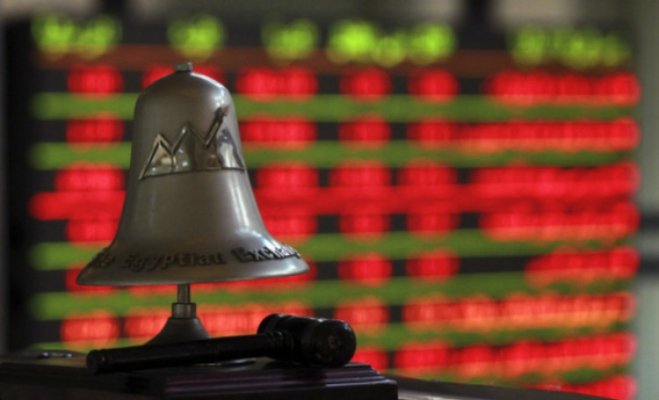
The Egyptian Exchange’s (EGX) trading values exceeded LE 1 trillion for the first time ever during 2022, according to the head of the EGX, Ramy El-Dokani.
El-Dokani said during the press conference on Tuesday that the total trading amount of LE 1.094 billion in 2022, adding that the year witnessed the recording of the largest number of transactions within one day in the history of the Egyptian Stock Exchange, with a number of 109 thousand transactions.
Market capitalization witnessed a significant increase during 2022, reaching its highest level in its history at the end of each year, reaching LE 961 billion, representing 12.3 percent of the gross domestic product (GDP), after it recorded an increase of LE 195.7 billion during 2021, while the total number of transactions implemented during 2022, reached 11 million, compared to 11.4 million in 2021.
The percentage of non-Egyptian transactions on shares listed on the EGX increased during 2022, by 10 percent, to reach 31 percent (22 percent Arabs and 9 percent foreigners), compared to 21 percent in 2021, of which (10 percent Arabs and 11 percent foreigners).
The net trading of Egyptian institutions without deals increased during 2022 to reach LE 22.7 billion, compared to about LE 4.4 billion in 2021. The percentage of the institutions’ contribution to the total trading of listed shares increased to reach 47 percent in 2022 compared to 32 percent in 2021.
The EGX topped the performance of the Arab stock exchanges in the Morgan Stanley index, as the Morgan Stanley-Egypt index increased by 26.2 percent, and the benchmark (EGX30) jumped by 22.2 percent, recording 14,598.53 points, and the small and medium stock index / EGX 70 rose by 27.3 percent, to end the year at 2801.93 points, and the broader EGX100 index increased by 27.3 percent, ending 2022 at 4145.5 points.
Most of the sectoral indices of the Egyptian Stock Exchange rose, as the “transport and freight services” sector recorded the highest increase by 70.3 percent, followed by the “basic resources” sector by 65.1 percent, and in the third place was the “trading and distributors” sector by 47.2 percent, followed by the “textiles and durable goods” sector by 37.1 percent.
In fifth place was the “building materials” sector with a rate of 36.8 percent, followed by the “food, beverages and accessories” sector with a rate of 28.7 percent, then the “tourism and entertainment” sector with a rate of 28 percent, then “banks” with a rate of 22 percent, while the “health care and medicine” sector declined by 2.4 percent.


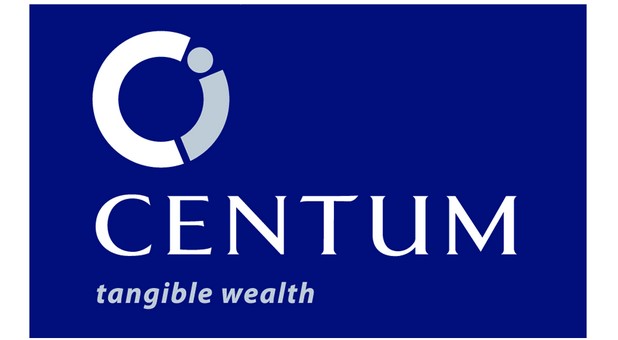
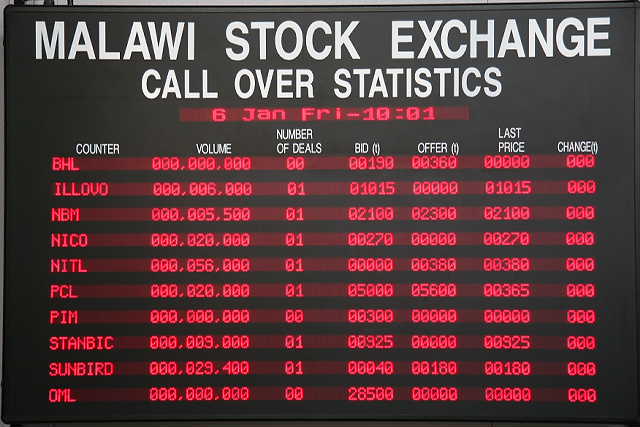


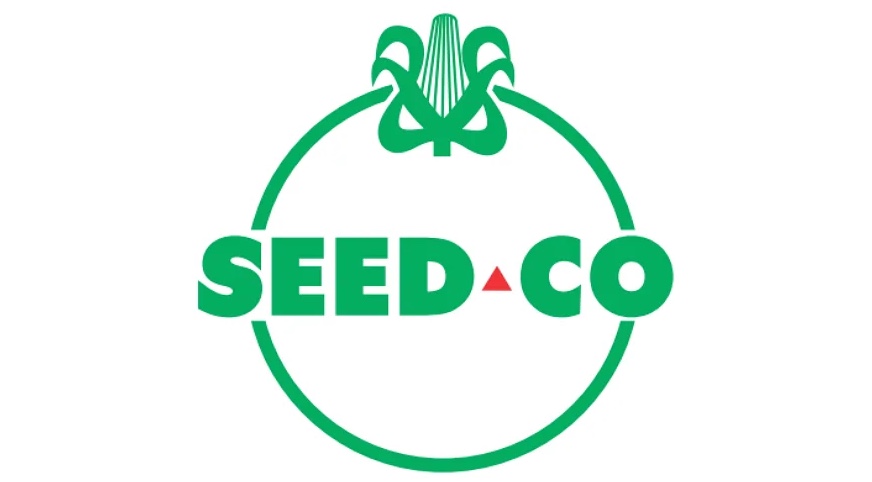
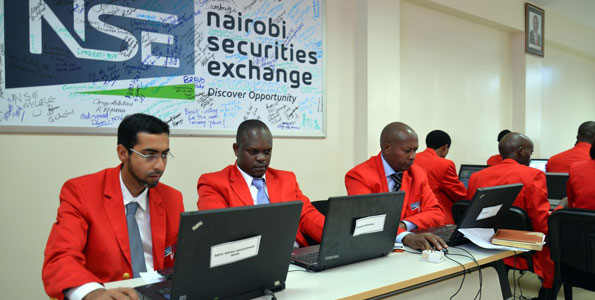


Comments